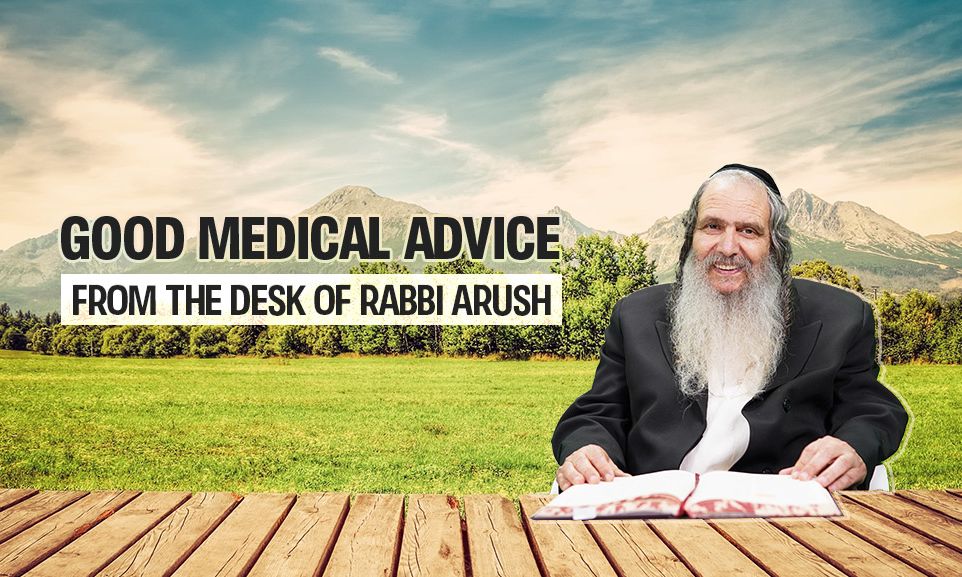
Good Medical Advice – And Advice For Life
A Jew has to “breathe” the weekly parashot. He must live the parasha, study it, and search for hints in his own life and reality.

Translated from Rabbi Arush’s feature article in the weekly Chut shel Chessed newsletter. The articles focus on his main message: “Loving others as yourself”.
At Least It Won’t Hurt
The new father left my room in disbelief, but decided to give it a chance. “If it doesn’t help, at least it won’t hurt,” he thought to himself. Only a few hours before, he was told of the birth of his son, but the great joy was replaced with anxiety when he found out that the baby was not able to breathe unaided.
Instead of hugging the little baby, the father saw his tiny son lying there connected to tubes and machines, and he was devastated.
The baby’s life was in danger.
The father ran to the yeshiva and approached me with tears in his eyes. I asked him:
“You read shnayim mikra ve’echad targum”? It has been ruled that a person should read the parasha every week as it is read in shul, twice, and then read its Aramaic translation. In other words, one should read the weekly parasha every week, reading every passuk twice, and then immediately reading Onkelos’s translation of it.
The father replied that he is not careful to observe this halacha.
I said to him: “If you take upon yourself to begin reading shnayim mikra ve’echad targum every week, as is brought in the halacha, I promise you that that not only will the boy be completely healthy, but that the brit will be on time.”
The father, who only a few hours earlier had seen his son enmeshed in a tangle of tubes, was just hoping that the baby would live, and couldn’t believe that there was any chance at all that the brit would be on time, on the eighth day.
He decided to take upon himself the reading and started that very day, but he didn’t have much trust in my promise.
Rabbi Nachman’s Cure
He was in for a surprise. The child’s condition improved tremendously in short order, amazing the doctors as well, and on the eighth day of the baby’s life, he was circumcised, perfectly healthy.
After the brit, the father came to thank me and also to admit that he hadn’t believed me. I told him that this was not my idea, but rather an explicit statement of Rabbi Nachman. It is known that every limb in the body is parallel to some spiritual aspect, and when the limb is ailing, one must heal the spiritual limb parallel to it. If we only knew which spiritual issue heals each and every limb! Unfortunately, we don’t, but Rabbi Nachman did reveal to us explicitly the spiritual cure for one limb: the lungs, which have five lobes, are parallel to the five books of the Torah, and therefore, the five books, chumashim, are the cure for the lungs!
The lung provides oxygen and vitality to the entire body. We breathe tens of thousands of times a day without even thinking about it. Rabbi Nachman’s teaching that the lung is parallel to the Torah is not only a piece of medical advice, but advice for life.
The advice for life is that a Jew has to “breathe” the Torah, to breathe the weekly parashot.
Not only to read, not only to listen in beit kenesset, not only to wait until the reading is over, hoping that that will be as soon as possible, not only that the reader should chant it the way you like it – no! You must listen, listen well, hear the new messages that become apparent every year, to each and every person, wherever he is. To live the parasha, to study it, to search for hints to your own life and reality, according to your understanding and your level, dependent, of course, on halacha.
Eternal Life
To live the Torah means that you see the Patriarchs’ challenges and the challenges of the Jewish People in the desert, as well as the challenges of all the tzaddikim, as being exactly like your own private challenges and the general challenge of the Jews today. To live the Torah means to search in every mitzvah for the message regarding the service of Hashem, searching for the simple meaning as well as for the remez – the hints – as we find in all the books of chassidut. Even mitzvot that relate to the Cohanim, the priests, or to the Sanhedrin, the high court, have a message in them for you, both men and women. As Rabbi Nachman writes, a person should see everything that he learns as being relevant to himself, to his life.
And you should know that the Torah wasn’t given only to the Rabbis and the tzaddikim. They, and only they, are certainly authorized to explain to us the way of Torah when it comes to halacha. But the messages arising from the Torah, the moral lessons, the inspiration, our nation’s spiritual wealth – belong to everyone. Rabbi Nachman says that even a simple person will see wonders if he sits and reads the book.
There is so much light in the Torah – in the simple meaning! This light illuminates life for a person, shows him the way. Not for nothing did Chazal decree that the Torah should be read publicly every Shabbat, as well as twice more during the week, so we won’t find ourselves going through three days without even thinking about Torah.
So, the goal of all these readings is the study of Torah, and not just hearing the words without thinking of their meaning. Before every section, the person who goes up to read it makes the blessing, “And eternal life He has planted in us” – in other words, the person going up to the Torah declares that this is our life. And if afterwards you stand and read like a parrot, like a chirping bird, and don’t think of the words – what kind of “eternal life” is that? What are you talking about? If this is your life, so start living the way you should!
And, of course, three times a week is the minimum, and the ultimate thing to do is to think about the Torah every day, the more the better.
And that is what is behind “shnayim mikra ve’echad targum” – once in translation. The Onkelos translation was written in the spoken language. When a person learns in order to understand, he uses a translation. Halacha’s meaning is to learn in order to understand, and in the way of chassidut we will explain that to “translate” means that to translate the Torah to his own life, according to his time and place.
Constant Attachment, 24/7
This week’s parasha tells us that the king must be close to a sefer Torah – a scroll of the Torah – twenty-four hour a day. And he should read it all the time, so that it will keep him on the straight path, so he won’t make mistakes, won’t get too haughty, won’t become intoxicated by his power.
The Torah is talking about the king. But Rabbi Nachman says this is relevant to every human being. Every person is a king, in some way or other, whether ruling over his family, his students, his inferiors in his place of work. And if the Torah has the power to guide the king on the straight path in his high status, certainly it has the power to keep each and every person on the straight path, wherever he is.
This is hinted to in the simple meaning, as well. The Torah says that the king should write the mishneh Torah, in other words, a second sefer Torah. Why a “second”? What’s the purpose of the first sefer Torah?
The commentators explain that every Jew needs one sefer Torah. But the king needs extra vigilance, and therefore he needs another sefer Torah, more than any other Jew.
And he also has to be attached to it every single minute. For an ordinary Jew, one sefer Torah is enough, and certainly he has to learn from it as much as possible. And, true, an ordinary person is not in as much risk as a king is, and therefore the Torah doesn’t obligate him to be completely attached to the sefer Torah. But the more he lives his life close to the Torah, the more he will straighten out and grow in a more correct and precise way.
What does the king gain from being attached to the Torah? According to our approach, we’re really talking about any Jew who is particular to lend his ear and learn the parasha with attention, and not just the king, so what does a Jew gain when he is close to the Torah? The Torah tells you: “So that he (the king) will learn to fear Hashem, his G-d, to observe all the words of this Torah and these decrees, to perform them, so that his heart does not become haughty over his brethren and does not turn from the commandment right or left, so that he will have long years of reigning over his kingdom, he and his sons amid Yisrael.”
And therefore, it is promised in halacha that he who completes his parashot in time with the public reading, reading the text twice and then once in translation, will complete his days and years, in other words, will live a long life, “so that he will have long years.”
And it says in the holy books that whoever learns Rashi on the parasha as well, gains fear of Heaven, because he wants to understand the words of the Torah in order to perform them, and therefore “so that he will learn to fear Hashem” is fulfilled in him, and even more so if he studies other commentaries and other books.
Dear Jews, we have great wealth these days, and every Jew can obtain endless treasures – from the weekly parasha alone. May we merit to do so!





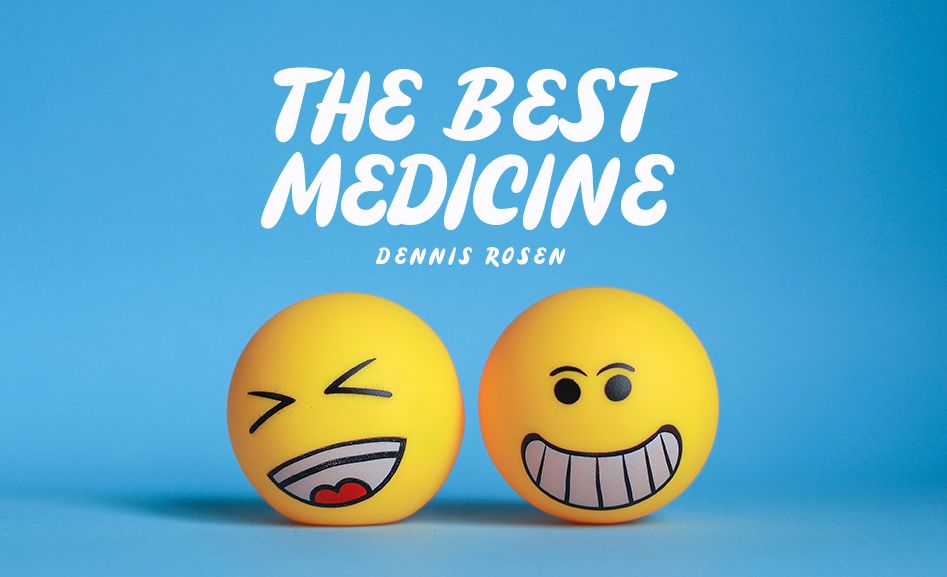
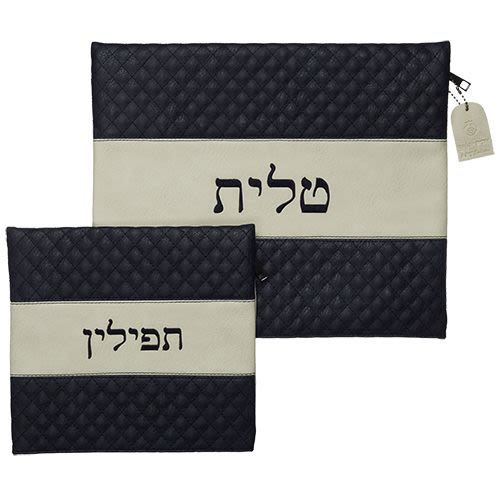

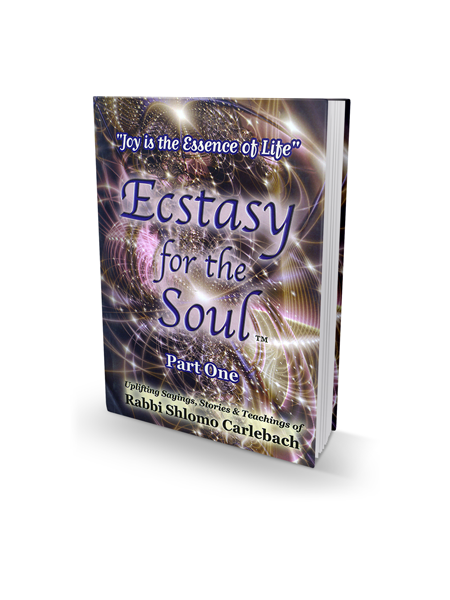
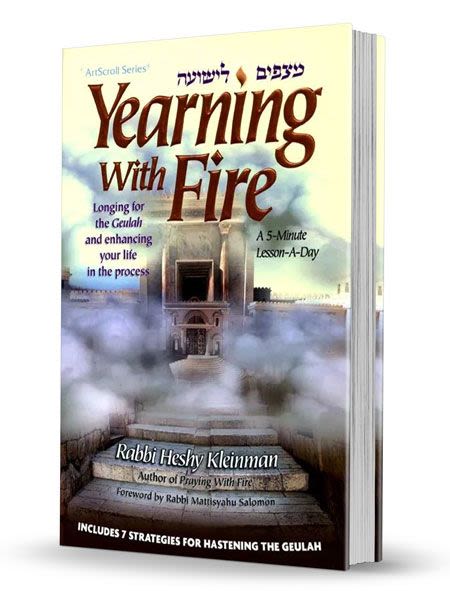
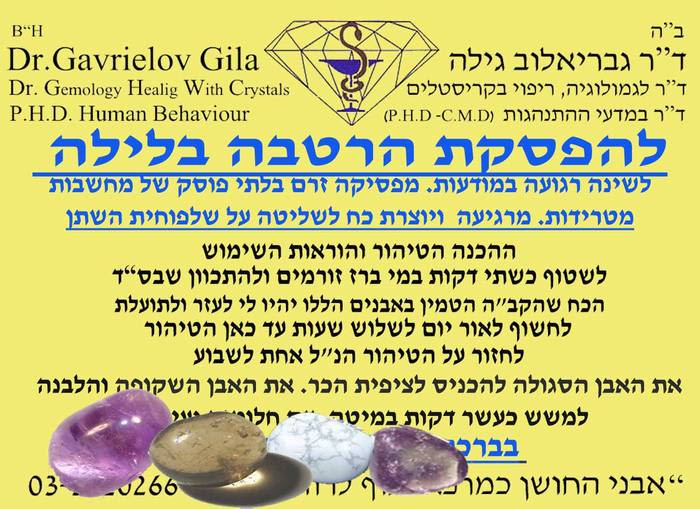
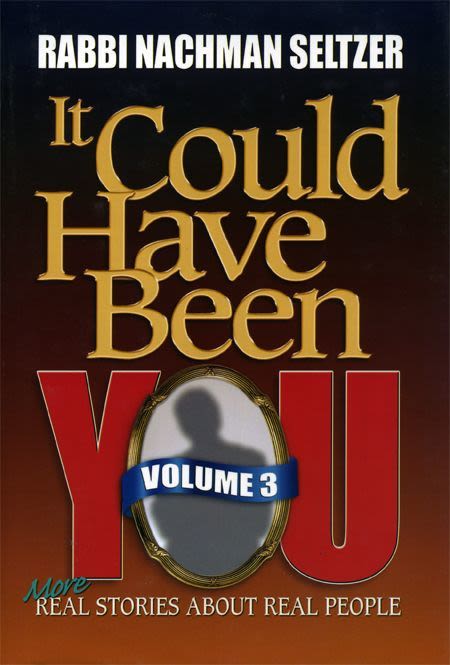
Tell us what you think!
Thank you for your comment!
It will be published after approval by the Editor.